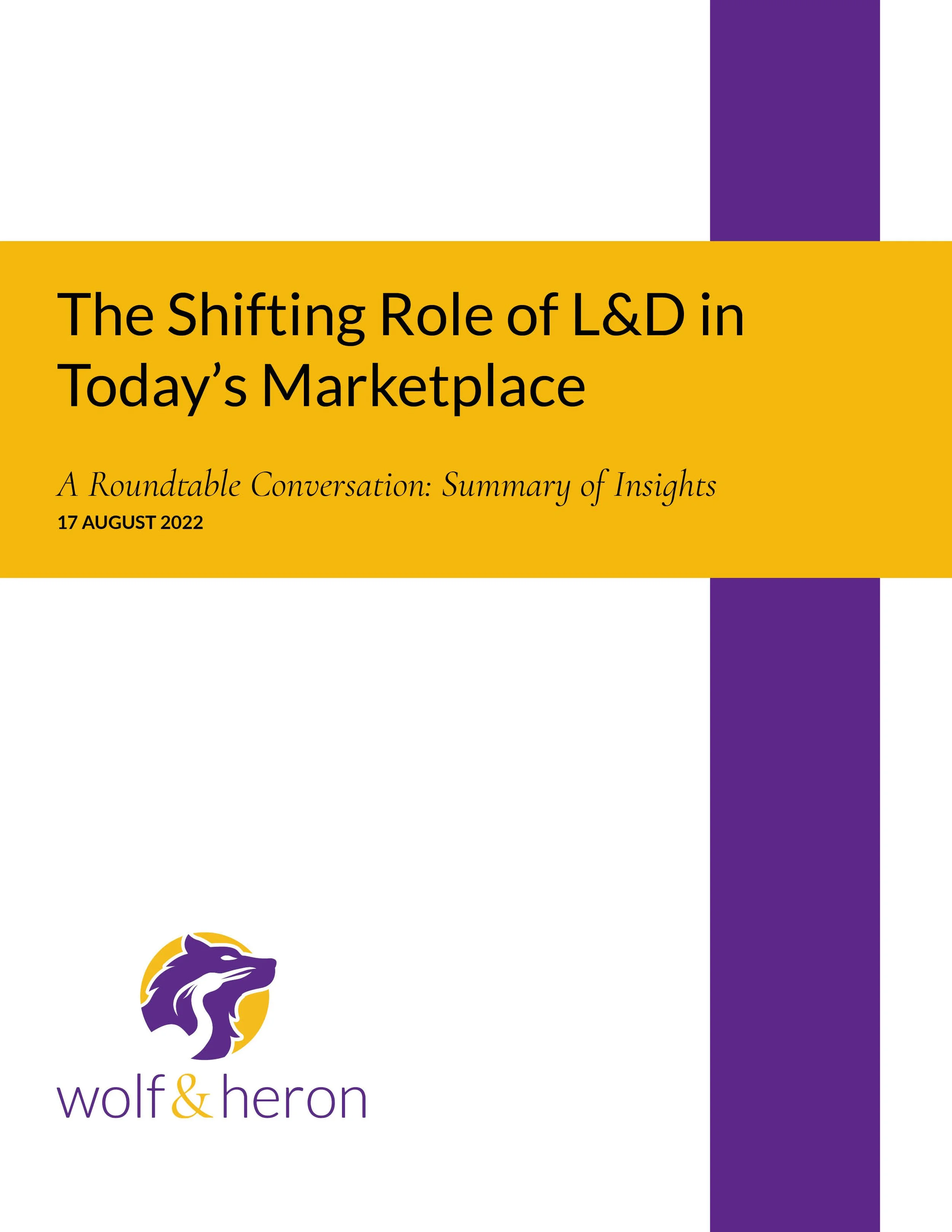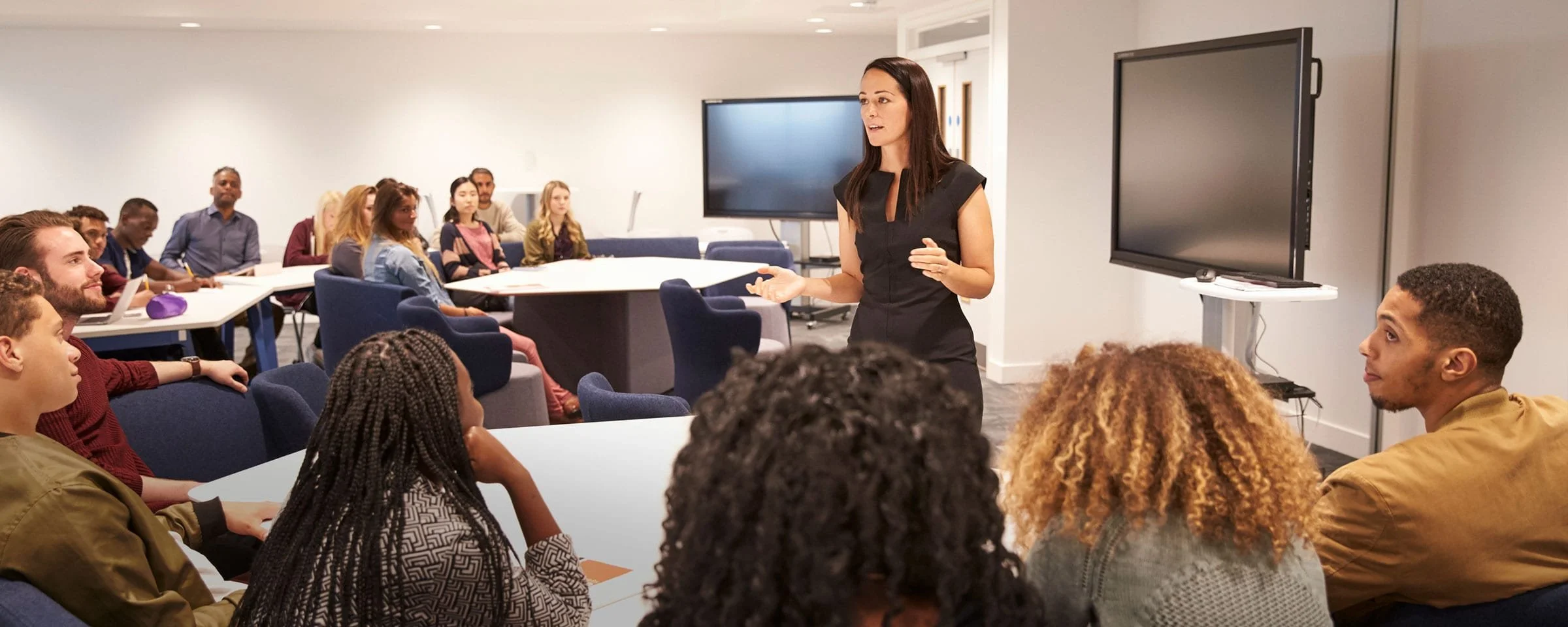Without building the right technical and soft skills to attain a leadership role, you may find your career stalled out at the current level. In this article, Stephanie Judd is featured as one of 16 coaches who share their top tips for ambitious managers who want to get to become senior executives.
Read MoreEvery month we host an Ask Me Anything forum where people bring their burning questions about meeting design or facilitation. More often than not, the questions we get can be summed up as, “Why is the meeting so boring? I feel like I’m pulling teeth trying to get people to engage. It just feels like a waste of time.” If you’re in a position where it feels like everything is bad about one of your critical business meetings, start by tackling the agenda.
Read MoreEVENT SUMMARY
The event was intended as forum for thoughtful conversation about how L&D Leaders and organizations can be successful within the current context. Download a summary of the conversation.
Read MoreOne of the most powerful things you can do throughout your story—but especially at the beginning—is to use language that allows your listener to visualize what’s happening. When your listener is able to visualize the story, it becomes more experiential to them, it’s easier to follow, it feels more tangible and authentic in its specificity and it’s easier to remember.
When we’re coaching someone to do this, we encourage them to find the scenes, to avoid generalizations, to go beyond the plot and uncover the cinematic potential within their story. Think SHOW, not TELL.
Read MoreThe product management field can be a cutthroat one, and Product Managers know that becoming a more compelling communicator is a great way to differentiate themselves from the pack. But many of these PMs have misconceptions about storytelling. Here are three common storytelling myths held by PMs and why you shouldn’t believe them.
Stephanie Judd authored this article as a Forbes Council contribution.
Read MoreA Parking Lot is a productivity and facilitation meeting tool that captures off-agenda conversation topics and ideas so as to prevent a meeting from veering off course. Items can be added to the Parking Lot and assigned to folks or noted for discussion at a later date.
Read MoreThe leadership development firm will moderate a panel of L&D experts and thought leaders from various industries. Panelists joining the online event include Nick Foote from apparel company Carhartt, Lauren Kelley from tech giant Google, and executive coach Laura Knights from Knights Consulting. Attendees can expect to hear diverse perspectives on challenges that resulted from mass employee resignation also known as The Great Resignation. The roundtable guest speakers will also share insights into new strategies that organizations should consider when recruiting, retaining, and developing their future leaders in the current economic market.
Read MoreWe’ve all heard the expressions “dress for the job you want, not the job you have” or “look good, feel good” but Stephanie didn’t really believe them. She was conflicted about wanting to look good and feeling guilty about wasting time focusing on “vain” things like clothes and makeup. But, it turns out that research indicates that what we wear affects our brain. It impacts our behavior, mood, personality, confidence, and how we interact with others. Getting dressed is less about what it signals to other people, and more about how it affects yourself.
Read MoreOne of our recent Story Hours focused on the topic of Navigating Conflict: Working through an interpersonal challenge. The imminence of the event inspired Kara to brainstorm story ideas that could fit that subject. Navigating conflict is a guaranteed component of leadership. It comes up all the time in our coaching conversations as our clients navigate conflict with their managers, colleagues and/or direct reports. There’s almost no limit to where it can show up at work and, when it does, it creates a spiraling ball of distraction that saps mental energy, inhibits communication and causes negative feelings all around.
Read MoreWhen brevity is the most important thing, stories may not be the best tool of choice. But when coming across as a compelling and memorable communicator, consider stories—especially ones that lean on specificity—to carry your message.
In our work as storytelling coaches, one of the most common challenges our clients face is bringing their stories down to specifics. Recently, Stephanie had a client, let’s call her Jane, come to her for support in preparing for an interview. Jane knew that she was going to be asked about her origin story. In her case, the question was going to be something along the lines of, “What inspired you to get into the field of Mathematics?” Here’s a rough approximation of the story she started with, and the final version that she landed on. Read on to compare the two to eachother.
Read MoreOne of the most common challenges of sales leaders is enabling their teams to take the demo deck and make it their own—uniquely, authentically and personally theirs. Read this article for some ways you can empower your salespeople to adapt the deck for a more relatable and engaging presentation.
Stephanie Judd authored this article as a Forbes Council contribution.
Read More“Employee engagement” has been a hot-button issue for more than a decade, and remains central to organizational strategy. But engagement is even more important now as companies experiment with hybrid work, or a permanent virtual workforce, and the Great Resignation exists as an ever-present backdrop. And yet, “engagement” remains a big-picture, intangible, and somewhat esoteric idea that has lots of impact on the people within an organization without anyone really understanding what to do about it.
The truth of the matter is that truly engaging your team happens long before the actual moment of reckoning. It’s thinking through details, and finding ways to activate interest and ownership with your employees in every interaction. Here are three common myths about employee engagement and what you can do instead.
Read MoreWhen entering into a discussion where both parties have something to gain and something to lose, there are effective ways to make sure everyone comes away feeling it was a win. In this article, Stephanie Judd is featured as one of 15 coaches who discuss things junior-level professionals, senior leaders and C-suite executives can do to achieve the best possible results in any negotiation.
Read MoreThere are strengths and talents other than winning over others - aka WOO - that can be leveraged to inspire the positive change you’re seeking. In this article, Stephanie Judd is featured as one of 13 coaches who discuss how they would coach an executive leader who’s struggling to exert a “winning” influence.
Read MoreA request is defined by the Merriam-Webster dictionary as ‘the act or an instance of asking for something’. From a coaching perspective, this definition falls short. A request, in our opinion, is made when we see untapped potential or an opportunity not being fully leveraged within a person. At its core, a request is a gift of possibility available to the person who chooses to receive, unwrap and appreciate the request you have made.
Read MoreThere are many effective ways for C-level executives to enhance their decision-making skills. In this article, Stephanie Judd is featured as one of 16 coaches who discuss some of the best methods for doing so and explain how and why they work.
Read MoreIf the COVID-19 pandemic taught us anything, it was that we can engage with each other even if we’re all in different places. As the world re-opens and in-person conferences are restarting, there is an expectation that they will remain accessible to folks who are unable to participate on site. And yet, early attempts to build meaningful hybrid conference experiences have shown us that we’re playing in a whole new league now. Hybrid experiences aren’t in-person or virtual experiences. They’re something altogether different. We still have a lot to learn, and it’s easy to execute hybrid conferences poorly.
Read MoreBecause storytelling is universal, the foundational principles of what makes a story influential remain constant even as the use case or audience changes. What shifts from context to context is how those principles are implemented or applied.
Stephanie Judd authored this article as a Forbes Council contribution.
Read MoreStephanie Judd is featured on Forbes as one of 14 other coaches who share their insights around some key aspects of a business that may “slip through the cracks” and offer their advice on what leaders can do to ensure these areas are tended to and stay well-organized.
Read MoreIt’s not all that uncommon for salespeople to be armed with a presentation or demo slide deck that was put together by the marketing department. The purpose of a “single source of truth” like the corporate-approved slide deck is to ensure that all salespeople have the same talking points and are communicating a consistent narrative in the marketplace. This is a noble goal, but one of the unintended consequences of a company-wide narrative in the form of a slide deck is that it can become stale and devoid of any kind of personal, authentic touch.
Read More



















